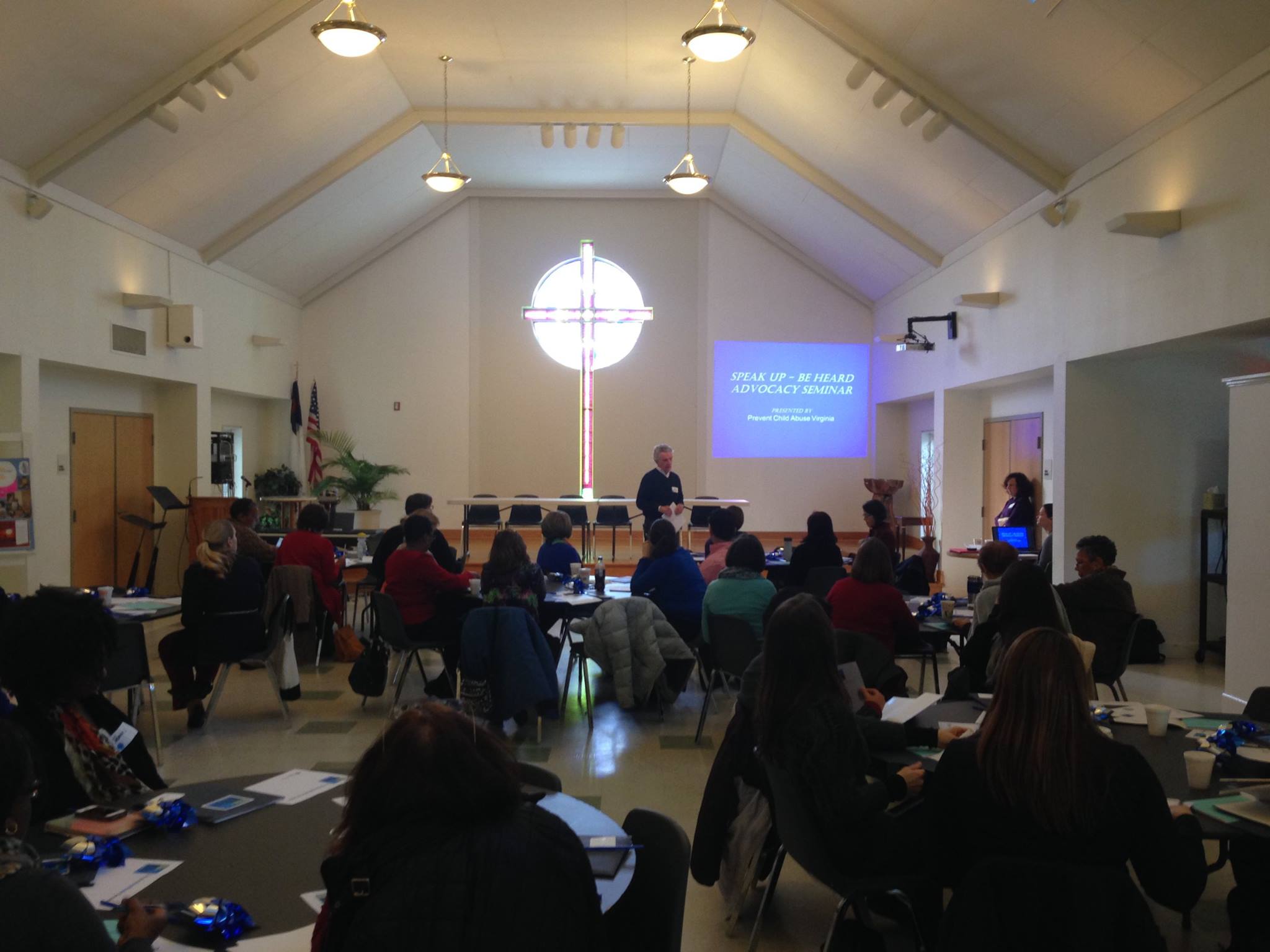November 22, 2014
 On Tuesday over 50 professional and community members who wish to be stronger advocates for children attended SCAN’s advocacy training event, Speak Up For Children!, a partnership between SCAN and Prevent Child Abuse Virginia.
On Tuesday over 50 professional and community members who wish to be stronger advocates for children attended SCAN’s advocacy training event, Speak Up For Children!, a partnership between SCAN and Prevent Child Abuse Virginia.
Christie Marra from the Virginia Poverty Law Center gave an engaging presentation about the legislative process and how advocates can influence policies that impact children and families.
“An advocate’s role is to know the political climate, reach out for support, and rally the troops,” noted Christie. Participants spent the rest of the day being empowered to do just that.
Jim Pope, J.D., MSW, the Fairfax County CPS Hearing Officer, shared the story of how his work with the Northern Region Child Fatality Review Team led to successful advocacy efforts at the state level. Jim’s case study on writing and advocating for a bill to allow the team access to critical information to properly address child fatality perfectly illustrated the legislative advocacy process presented by Christie.
The training portion of the event was followed by policy and legislative panels. A panel of representatives from Youth for Tomorrow, Voice for Adoption, and the Commonwealth Institute for Fiscal Analysis spoke about how policy issues are impacting the populations they serve. The topics discussed included child trafficking, child mental health, and foster care and adoption. Participants also learned the powerful impact fiscal policy has on children and families.
“Virginia needs a different approach than a “cuts only” approach to balance the budget,” noted Jeff Connor Naylor with The Commonwealth Institute. As the panel ended, one person noted that she “gained more knowledge about Virginia’s budget process” that would inform her advocacy work in the future.
A panel of legislators from across Northern Virginia discussed potential state legislation dealing with children and families. Senator Barbara Favola and Delegates Dave Albo, Alfonso Lopez and Charniele Herring spoke with participants about everything from healthcare to poverty to child care standards.
“It was helpful to see the legislators in person and hear their perspectives on the legislative climate,” noted one participant. For many, observing the legislative panel and interacting with local lawmakers helped minimize the distance they felt between their own daily work advocating for children and the larger systems which impact that work. Many indicated that they are now much more likely to track legislation that affects their clients, and contact their legislators in the future.
So what next? Participants at the training walked away with these five tips:
1. KNOW YOUR LEGISLATOR: This easy-to-use “find your legislator” tool makes it fast and easy!
2. ENGAGE MORE with your legislators: Child welfare professionals know the issues and challenges children and families face better than almost anyone, so we need to be the one’s to speak up and let our representatives know when there is a policy issue than needs to be addressed. Legislators need us to keep them informed, and they do value our input.
3. EXPLORE THE “LOBBYIST-IN-A-BOX” TOOL: You can subscribe to this service on Virginia’s Legislative Information System (or LIS) and track up to 5 bills for free.
4. SUBSCRIBE TO SCAN’s CONNECTIONS BLOG: Stay informed on the issues and trends in child welfare both here in Northern Virginia and across the United States.
5. VISIT SCAN’S WEBSITE: Our Statistics, Policy & Research page provides current statistics on child abuse and neglect in Northern Virginia, as well as links to additional resources such as white papers and fact sheets.
As one of the participants was completing an evaluation of the training, she wrote: “I feel this training helped a lot, and I look forward to more children’s advocacy trainings in the future.”
We couldn’t agree more! Follow @SCANconnections and #speakup4kids on Twitter for more information and updates on advocacy throughout the year.
– Kerry Desjardins
MSW Intern at SCAN and Advocacy Training Coordinator
